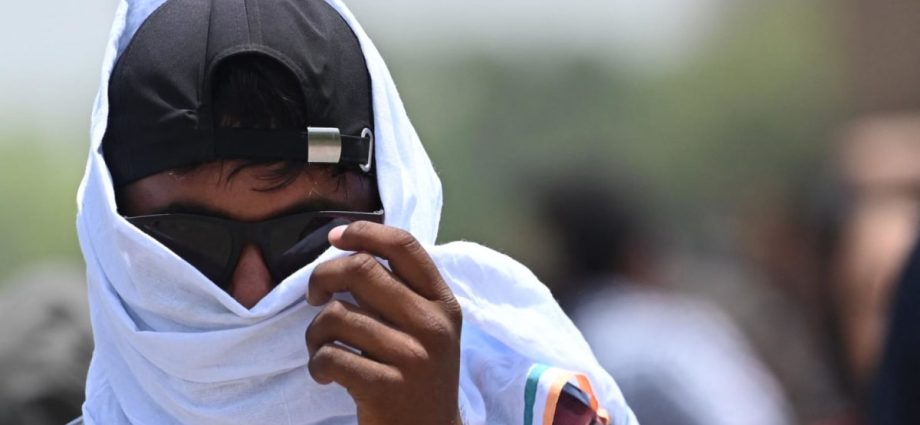
Those goals will only be harder to reach the hotter it is, with the pace that India is progressing toward sustainable development aims already having slowed in the past 20 years because of more severe weather extremes, the study said.
Debnath said that while India’s climate risks are mostly robustly measured, how hot a particular place actually feels for people depending on humidity levels is not taken into account, meaning assessments of how on course the country is to meeting goals on improving health or reducing inequality are likely over-optimistic.
The study calls for an overhaul on how progress on development goals is measured to reflect the gravity of extreme heat in the country.
India is already experiencing roasting temperatures this year and some states are currently in the midst of another heat wave: On Sunday 11 people died and several others fell ill as they waited in a blistering 38 degree Celsius-heat for a public event organised by the local government to begin in the outskirts of the Indian city of Mumbai. The eastern Indian state of West Bengal closed all colleges this week due to scorching heat. This February was recorded as the warmest February in the country in 122 years.
The study “highlights that heat risk is an additional layer of risk that is emerging quite quickly,” said Aditya Valiathan Pillai, an associate fellow at New Delhi-based think-tank, Centre for Policy Research. Pillai had recently studied India’s readiness to respond to extremely hot weather.
The new research does draw useful links between increasing heat and its consequences on India’s development, Pillai said, but at the same time the study’s datasets – which look only at temperatures in April last year – were limiting.
But he said it is nevertheless encouraging to see more research on the consequences of heat on India’s population being published.
More states are burning up under extreme temperatures and already heat-stressed regions are experiencing a growing number of days in near-unlivable temperatures.
“For India as a whole, the threshold for adapting to heat and other climate impacts will be reached in a few decades from now,” said Pillai. “For some, especially the poor, these limits have already been reached.”

